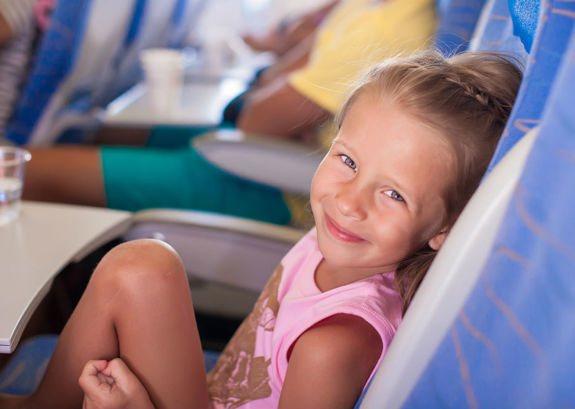
Swedes want to compensate for their environmental impact of traveling
Although Swedes are currently traveling all the more abroad, recent studies show that they are well aware of the consequences of traveling and many strive to compensate for their environmental footprint in other ways, at home or at the destination.
Swedes are known to care about environmental sustainability and in many ways strive to contribute to an positive impact on the environment. This can for example be noticed in the increasing amount of Green Key certified hotels around Sweden as well as Gothenburg, the second largest city in Sweden, for the third year in a row being named the most sustainable city in the world according to the Global Destination Sustainability Index 2018.
However, the 2018 Resebarometern study, which is a large research conducted yearly on the travel habits of Swedes, show an increasing number of trips abroad. Although the climate is high on the agenda in Sweden, the Swedes and their travel habits have not been significantly affected by the climate debate. The cheap and quick flights continues to gain market share and 65% of the international trips are by flight. Swedes are aware of the issue and the harm that their traveling habits are causing. In Sweden, the word "flygskam" has recently been circulating in media, which indicates the shame one feels when flying in spite knowing the consequences. A research conducted for the travel agency Ticket shows that Swedes are relatively willing to switch to more environmentally friendly transport alternatives on national trips while only one in ten are willing to give up flying on international trips. This can be traced to the fact that Swedes don't see any convenient transport alternatives when traveling abroad. The long dark winters in Sweden is another assumed reason for Swedes not being willing to give up their holiday trips just yet.
Although most Swedes won't improve their international travel habits, many do want to compensate for their environmental footprint in other ways. A bit more than 30 percent of the respondents indicated that to compensate for their travels they eat less meat, recycle waste and use public transport at home. At the destination they use their towels mindfully and avoid the air conditioner in order to decrease their negative environmental impact.

